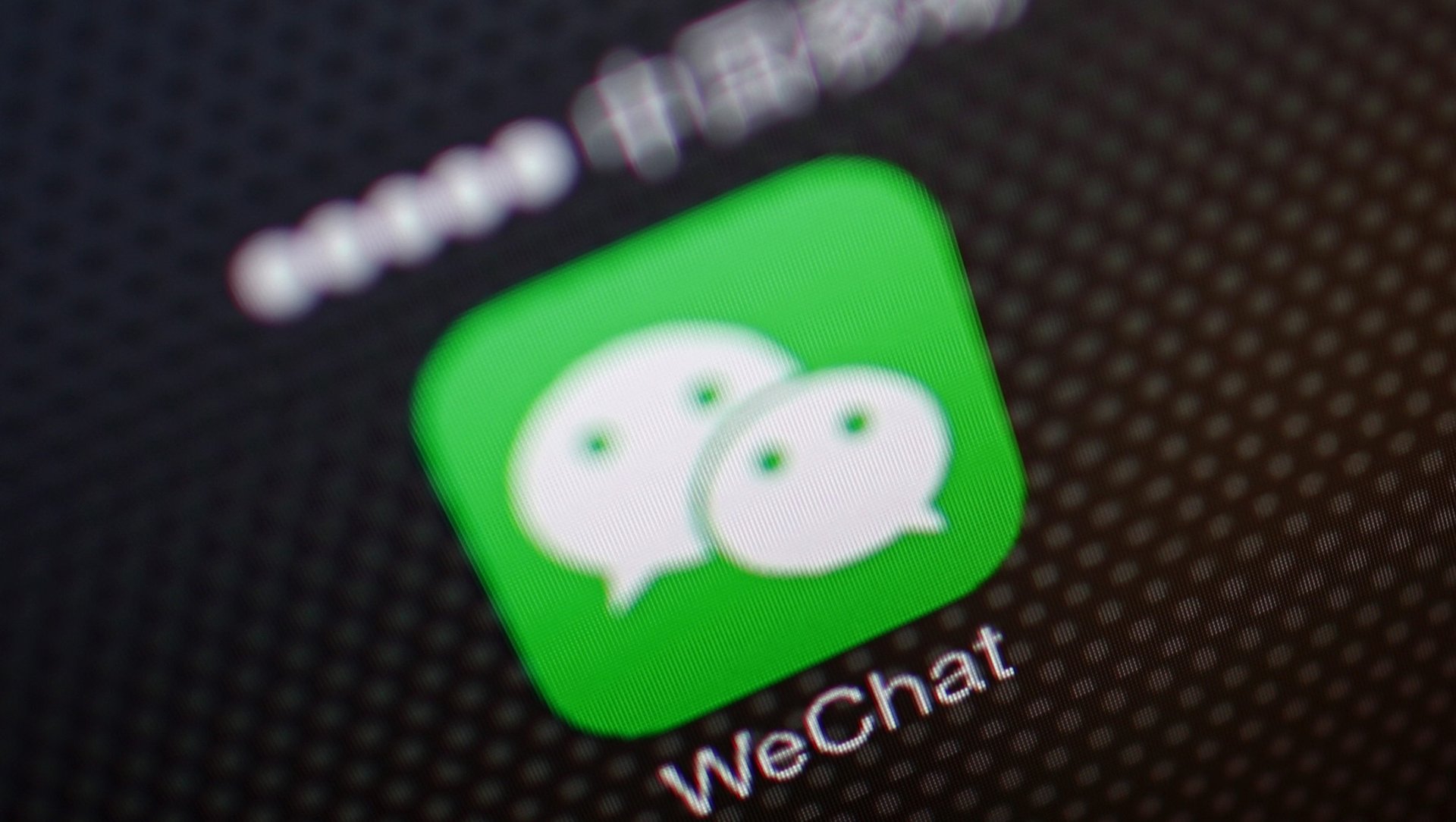WeChat had a translation glitch with the Canadian flag that seems almost subversive
A glitch on WeChat, the most popular messaging app in China, led to it offering an unexpected translation for the Canadian national flag—one that seems far from random.


A glitch on WeChat, the most popular messaging app in China, led to it offering an unexpected translation for the Canadian national flag—one that seems far from random.
The translation bug was spotted on Tuesday (Dec. 17), and seemed to be matching random text to the emojis for national and regional flags, including “Oh, no” for Portugal and “Hey, it’s hot” for the European Union, according to users on Twitter. But the translation for the Canadian national flag—“he’s in prison”—is the one that’s drawn the most notice. ( Translated messages from Quartz also yielded the same results as of press.)
The episode, which WeChat has blamed on a technical glitch, comes at a particularly sensitive time for China-Canada relations. It was almost exactly a year ago that Beijing detained two Canadian citizens—former diplomat Michael Kovrig, and businessman Michael Spavor, a rare westerner with high-level access in North Korea. China has said they were held on espionage charges, but the timing of the detentions suggested to many that the moves were in retaliation for the arrest of Meng Wanzhou, the CFO and daughter of the founder of Chinese tech champion Huawei, in Vancouver on Dec. 1.
Meng was held on the request of the US, and has since been indicted by the US Department of Justice on charges that include alleged violations of US sanctions on Iran. Her extradition trial is supposed to begin early next year. Huawei has said the arrest is “politically motivated” (paywall), and that she is innocent. As proceedings continue, she remains in her own home on bail, and in contact with friends and family—comfortable circumstances that many observers, including people formerly detained by China, note contrasts harshly with the limited access Canada has had to its nationals.
The national flags of Thailand, Myanmar and Indonesia matched with more innocuous translations, including “Oh, no”, “jackass” and “I’m so sorry,” according to Chun Han Wong, a reporter with the Wall Street Journal.
WeChat said in a statement that it is “taking immediate action to fix a translation bug on WeChat. We appreciate users who flagged it and would like to apologize for any inconvenience caused. We will continue to improve our products and services.”
One possible cause for the bug, according to Twitter user @ReneBidart, who identifies himself as a doctoral student of machine learning at Canada’s University of Waterloo, could be because the underlying programming relies on neural networks, so-called because they use algorithms that try to pick up relationships in data, mimicking the human brain. So the translation app could be drawing associations between the flag, or the country name, and words that often accompany them. Meng’s arrest and the detention of the Canadians were major news topics, and the subject of discussion on Chinese social media platforms.
This isn’t the first time WeChat’s automated actions have produced controversy. In 2015, the app had to apologize to users after it showed cascading American national flag emoticons when users typed “civil rights” in English in chats. The company explained that the function was intended to be only triggered for users in the US, which at the time was about to celebrate Martin Luther King Jr. day.